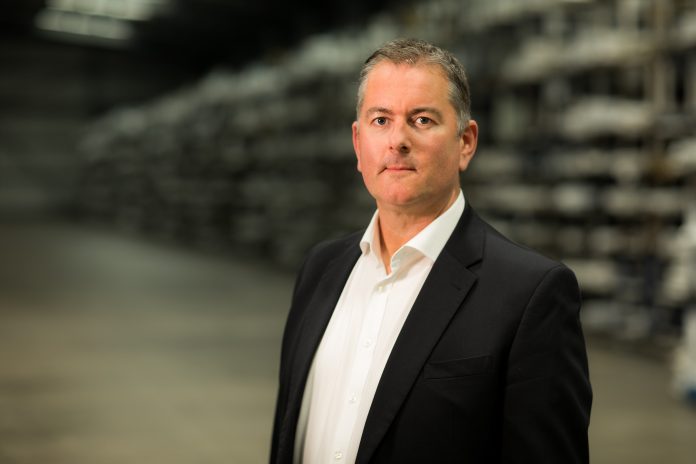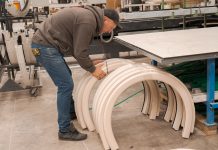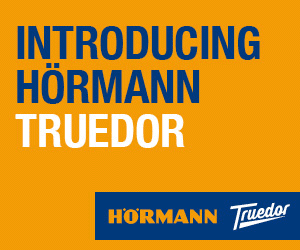“The equation is simple: as businesses absorb more costs, they have less to reinvest.”
In the wake of the Chancellor’s Budget announcement, Neil Evans, Managing Director of {Burnley-based} VEKA plc, shares his insights on the potential impacts, particularly on the manufacturing and fenestration sectors.
The Government faces an unenviable challenge: charting a maintainable path forward in the ever-contentious realm of public spending and taxation.
For years, manufacturers have prioritised continuous improvement. We strive to hone operational efficiency by eliminating waste and trimming non-essential tasks across our operations. We ensure that we set in place goals that make us better than the year before. It is, therefore, encouraging to see the Chancellor’s intention to see similar principles being applied to Government operations and public sector spending.
By reallocating resources more effectively, the hope is that taxpayers will see a tangible return on their contributions, feeling the benefits in the form of enhanced public services, growth and an improved quality of life across the UK.
Navigating increased costs
It needs to be said, however, that the recent Budget’s hike in the minimum wage, increase in employer national insurance rates, and lowered thresholds are far from insignificant for businesses like ours – a substantial family-owned business and a key employer in the region. The national insurance increase alone shaves around £500,000 from our bottom line.
Just as the Chancellor faces the task of balancing public finances, businesses must now determine how to shoulder these additional costs without eroding the quality of their offerings or sacrificing vital investments essential for growth.
The UK has long been grappling with the ‘productivity’ issue. And, whilst the Government states the Budget supports strong future growth for the UK economy, it is not so clear how, or when, this will be delivered. Irrespective, the pain is now for a gain that we have little choice but to believe in.
Without substantial productivity gains, not previously seen in UK industry, increased costs can only starve businesses of much needed cash to support day-to-day business, the support we provide our workforce and future investments. We’d rather be free to invest to directly drive business innovation and competitiveness, in turn support working families and contributing to the Government’s tax yield via business taxes fuelled by improved results.
It raises questions for all businesses as to how this will be managed. The impact it will have on wider supply chains and pricing remains to be seen. Inevitably, and sensibly, increases are passed on through price rises for goods and services, ultimately affecting the consumer market and the money in people’s pockets.
It’s essential for the Government to consider long-term productivity solutions to create a more sustainable economic environment. The need for structural reform goes beyond immediate fiscal measures.
Bridging the Skills Gap
A key area of the Budget is its focus on employment and skills development. VEKA has always prioritised training and upskilling its team, aligning with the Government’s push to integrate more individuals into the workforce. This is an opportunity we are eager to support, particularly in our Burnley facility, and we recognise the potential for regional growth and development.
A focus on skills must remain front and centre for this Government. As a supplier to the construction supply chain, we are acutely aware of the major skills gaps that exist and need to be tackled in this sector to achieve Labour’s ambitious housing targets.
With fewer than 20% of construction workers under the age of 25, and a third over 50, the sector is staring at a workforce crisis in the coming decade unless proactive measures are taken. Add to that the general imbalance of age groups in our society that means there will be fewer people entering the UK labour market than leave it for a considerable number of years.
To tackle this issue, there must be a concerted effort to reshape the perception of construction careers, showcasing the varied roles available and creating clear pathways from education to employment. We need to make the industry more attractive to young people, ensuring they see it as a viable and rewarding career path.
We all want the UK economy to thrive, for people to have increased quality of life and for our public services to deliver. To make it happen, it is essential for the Government and businesses collaborate on long-term strategies that enhance productivity, reduce skills gaps and drive growth. A focus on robot technologies to provide solutions will be critical.
VEKA remains committed to navigating these changes in support of our customers, colleagues, and the industry.
About VEKA plc
VEKA plc is the UK arm of global company, VEKA – the world’s largest manufacturer of PVCu windows and doors profiles. Based in Burnley, Lancashire, it employs over 400 people, making it a major regional employer.











